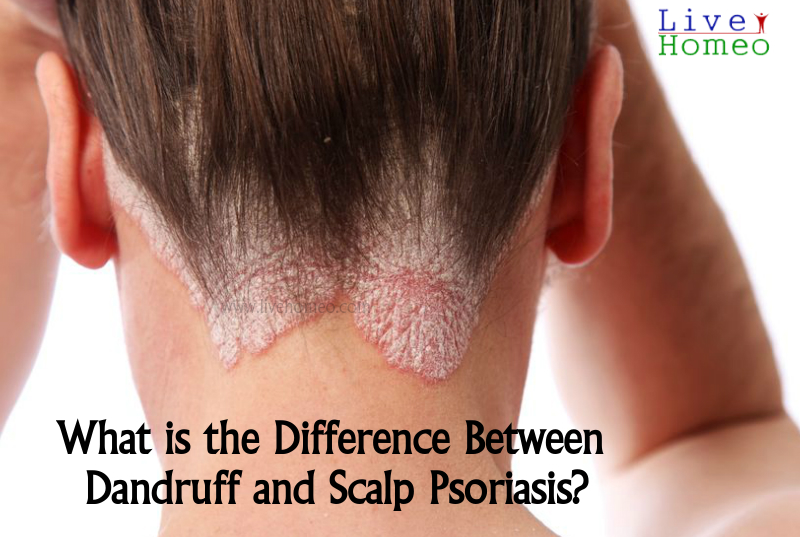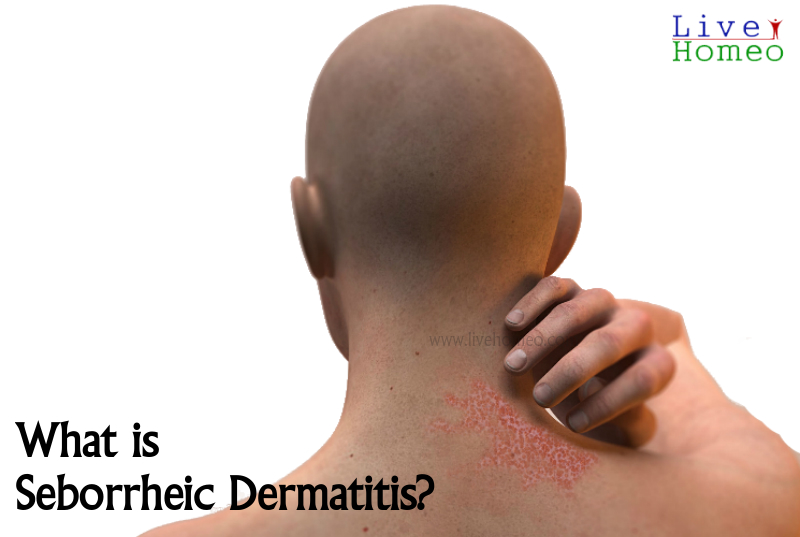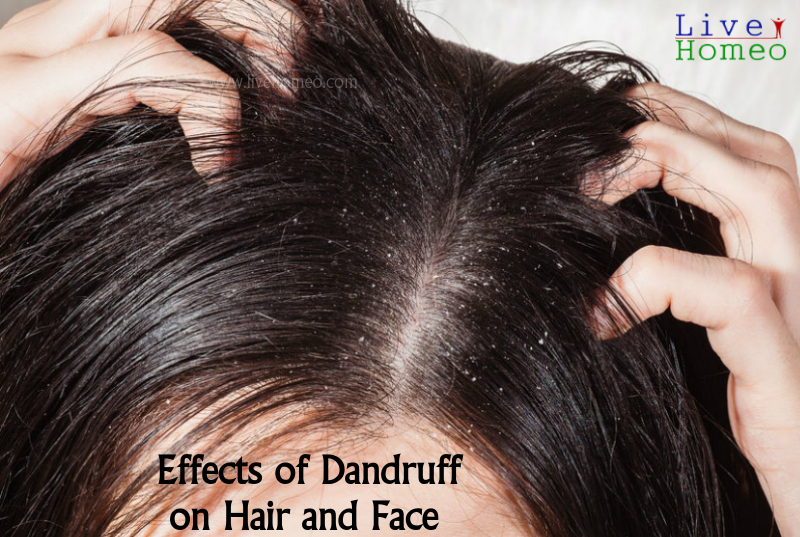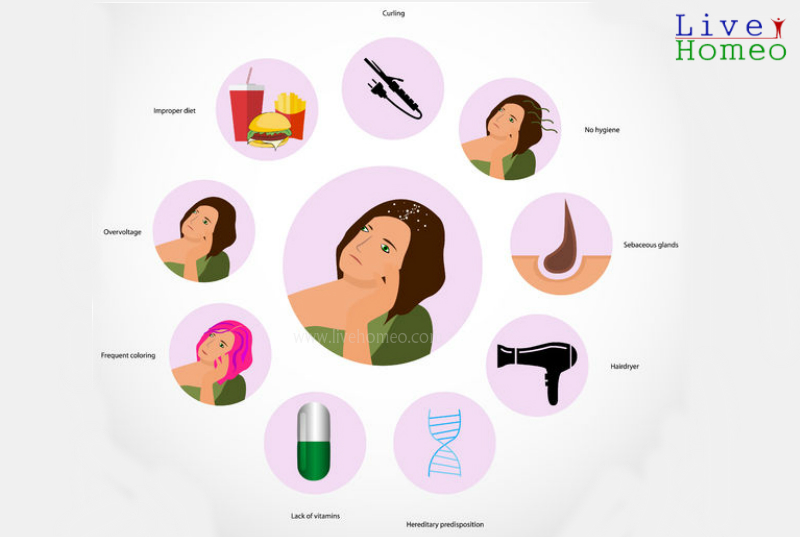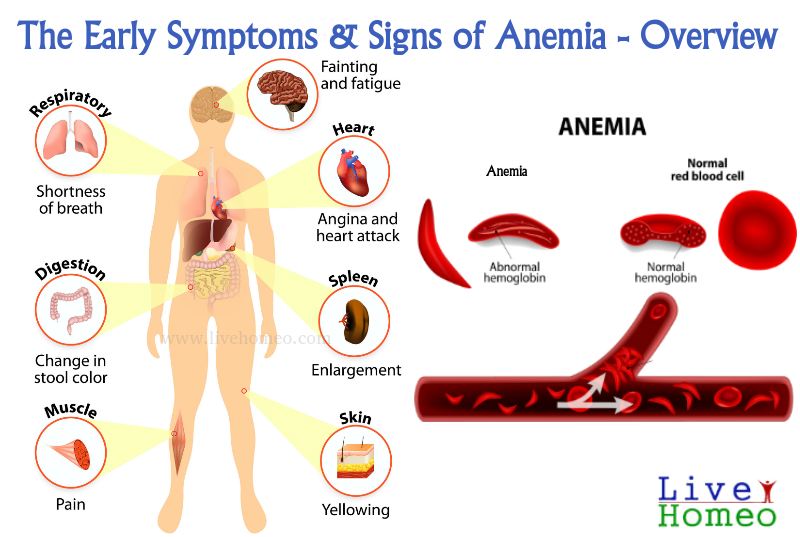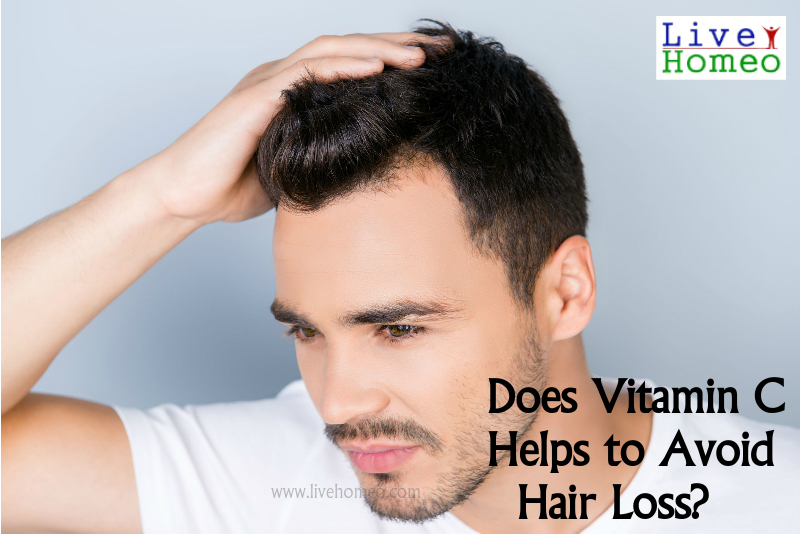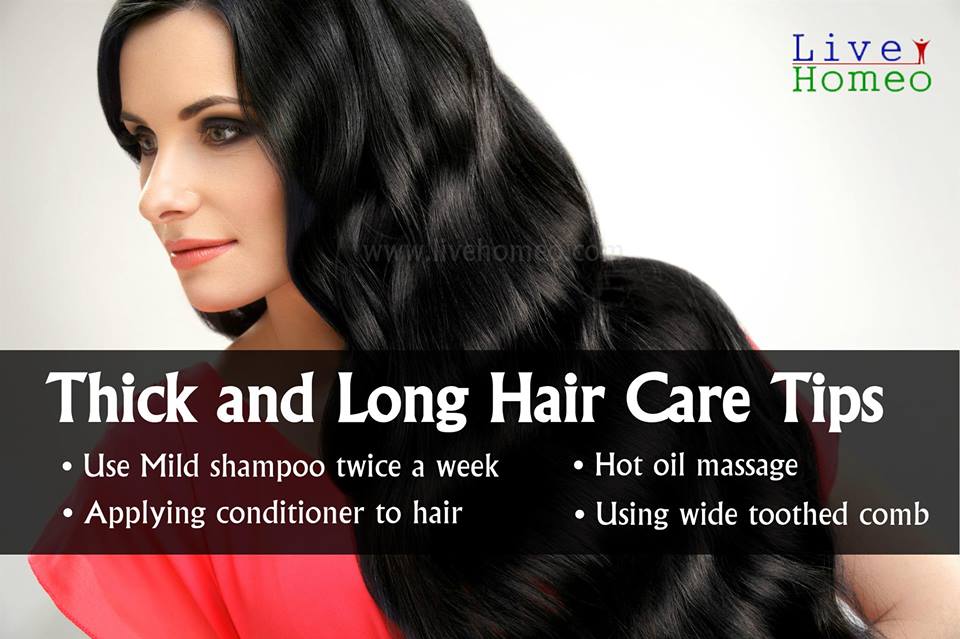We all face, Hair disorders or hair loss problem at some point in our life due to stress, aging, hormonal imbalance, lack of sleep, changes in weather and so on and it is even considered to be natural. But if you face excess Hair Loss, then it should be considered a serious issue. This excess loss of hair may be the result of some underlying hair diseases or hair disorders. Sadly, anyone can get affected by these hair problems including men, women, elders, youngsters and even children. Homeopathy Treatment for hair is the best method.
There are several hair disorders and knowing about them is very crucial. This knowledge helps to know which type of hair disorder you are suffering from and also to control the issue.
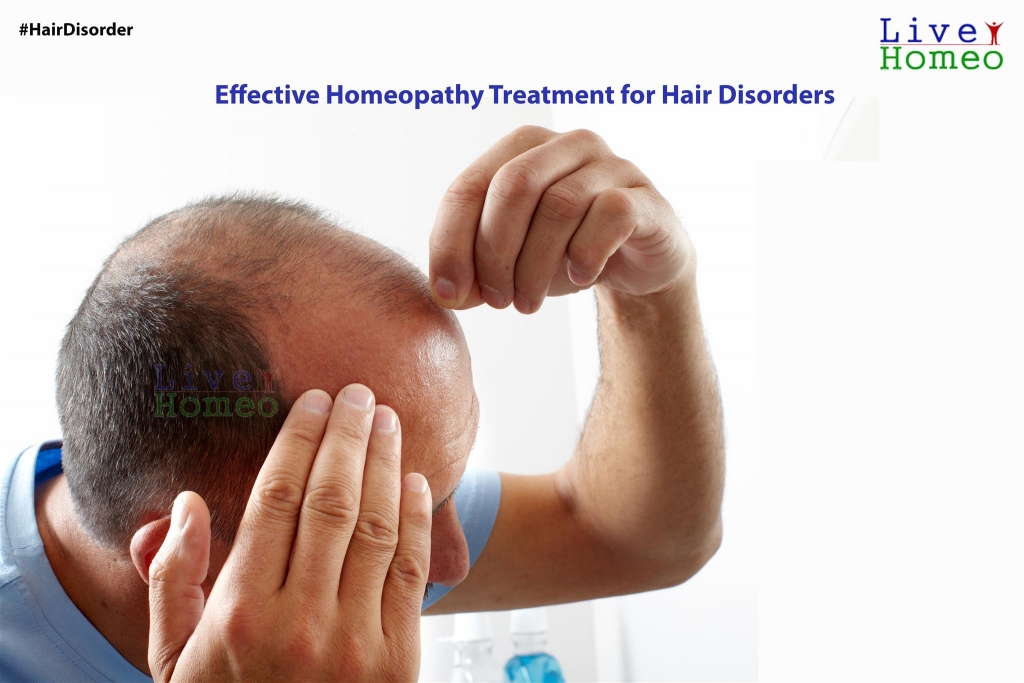
Types of hair disorders
Hair diseases, as mentioned in the name are common problems affecting the hair and scalp. Below are few common hair disorders which cause hair loss and leads to baldness and hair thinning.
- Alopecia Areata (Spot Baldness) – This is the most common type of hair disease which triggers hair loss. This is an autoimmune disorder where our immune system mistakenly attacks healthy hair follicles and destroys them. Due to which individuals face severe hair loss and most importantly the ability of hair re-growth is lost forever. Homeopathic treatment works very effectively in controlling Alopecia Areata. It provides long-term relief and also eliminates its risk of re-occurrence by optimizing our immune system.
- Androgenic Alopecia (Male or Female Pattern Hair Loss) – This is another common hair disorder which is also called male or female pattern hair loss. Both genetics and androgen levels are considered to be the risk factors of this condition. Homeopathy can successfully control your patterned hair loss by treating its roots and also provides long-term relief.
- Traction alopecia- In this hair disorder, hair loss is mainly caused due to pulling or applying force on the hair like tight braids, ponytails and so on. Individuals with this condition usually face the loss of hair behind their ears and around the temples. This type of hair disorder can be easily controlled through Homeopathy and homeopaths also prescribe several homeopathic remedies for hair regrowth.
- Telogen Effluvium – ( In this type of person, especially women face, Hair Thinning due to early entry of hair (or hair follicles) into the resting phase. In this condition, people face temporary hair loss triggered due to stress or trauma and the hair grows back after a certain period. Homeopathy has some really effective scope in controlling this type of hair disorder. It not just controls hair loss but also promotes hair regrowth by stimulating the roots of the hair.
- Tinea Capitis (Ringworm of the Scalp) – This type of hair disorder is also called ringworm and is mainly caused due to fungal infection. Under this condition, people tend to lose hair in patches and this hair loss is not just limited to your scalp but also affect your eyebrows and eyelashes. Homeopathy treatment provides relief from this type of hair disease by eradicating the infection from the body and also by improving immunity.
Causes of Hair Disorders
Several factors can lead to hair disorders. Few common causes of Hair disorders include
- Aging
- Thyroid disorders
- Hormonal changes
- Severe Chronic illnesses
- Chemotherapy
- Stress
- Malnutrition
- Infections
- Auto immune disorders
Homeopathy Treatment for Hair Disorders
Homeopathy treatment is highly recommended for all your hair problems. Homeopathic hair fall treatment is mainly based on the symptoms and their severity. Hair lose homeopathy treatment prescribed after careful examination of people works wonderfully, it not just controls hair fall but also promotes hair regrowth by treating the roots of the problem.


